We turn a spotlight on women directors whose moving works, while not mainstream blockbusters, have garnered critical-acclaim in the past few years.
With the 96th Academy Awards in just a few days, audiences from around the world are waiting with baited breath for the reveal of 2024’s Oscar-winners. Almost everyone knows about Greta Gerwig’s momentous wins—including the recent Best Picture nomination for her film Barbie—but there are many more women directors who’ve also paved the way for entrancing, distinctive, and compelling narratives over the years.
READ ALSO: An Abundance Of Accolades: These 3 Films Are Tied For Winning The Most Oscars
To honor their contributions to film and in light of National Women’s Month, we’ve decided to highlight a few of these creative visionaries. Some got nominations in this year’s Oscars, others have won impressive accolades in film festivals like Cannes and Berlinale, and all of them have received rave reviews from critics and audiences alike. What these five directors have in common are beautiful films that aren’t necessarily blockbusters or box office record-breakers, but still deserving of people’s attention:
Justine Triet
French director Justine Triet has always worked on films centered on the nuanced narratives of complex women. Her 2019 film Sibyll stars an ethically-questionable psychotherapist, while her 2016 feature Victoria follows a Parisian criminal lawyer who doesn’t know when to take a break (and possess more than a few vices).

Yet it’s Triet’s latest film, Anatomy of a Fall, that’s gotten worldwide attention in film festivals. A winner of the 2023 Cannes Film Festival Palme d’Or, the crime-thriller is now a nominee for Best Picture at this year’s Oscars along with the popular Barbie and Oppenheimer duo.
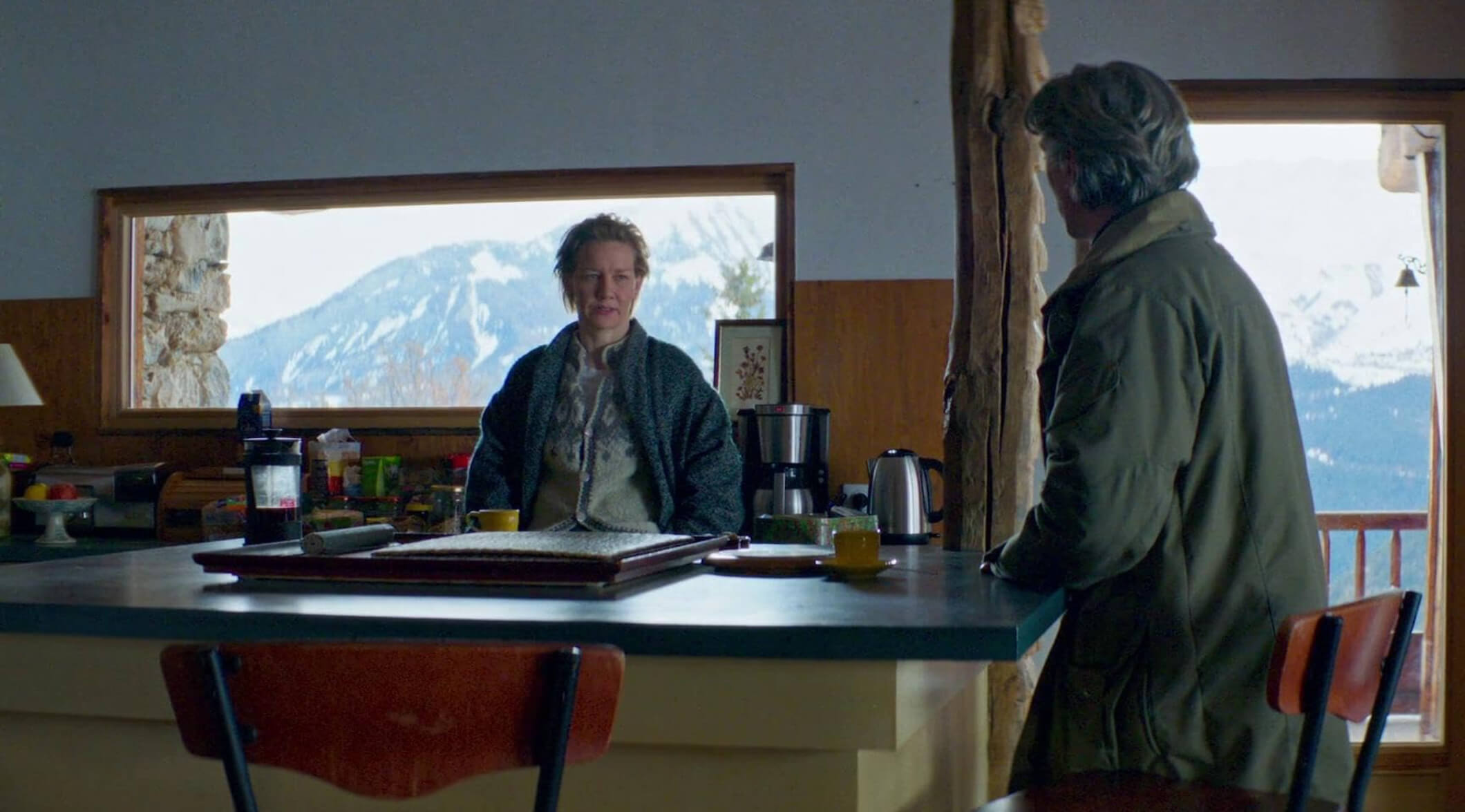
How can it not, with a gripping story that leaves audiences guessing all the way up to its ambiguous ending. In Anatomy of a Fall, authorities accuse a writer of pushing her husband off the top floor of their isolated Alpine home. The sole witness is the couple’s blind son, and the wife’s only line of defense is a lawyer that she may or may not have feelings for (and vice versa). Fiction and reality merge, leaving little room for hard truths in Triet’s riveting courtroom drama and character study.
“I think the film is linked to a lot of very contemporary subjects and topics about women, and the place of women in society,” Triet shares in an interview with Good Morning America.
Emerald Fennell
Not everyone will know the movie Saltburn, but those who do likely understand the hype that the darkly satirical film generated when its trailer first dropped on YouTube (which as of March 2024, has 14 million views). With mid-2000s-inspired visuals and a powerhouse cast (including Barry Keoghan, Rosamund Pike, and Jacob Elordi), the work of English director Emerald Fennell got plenty of attention.
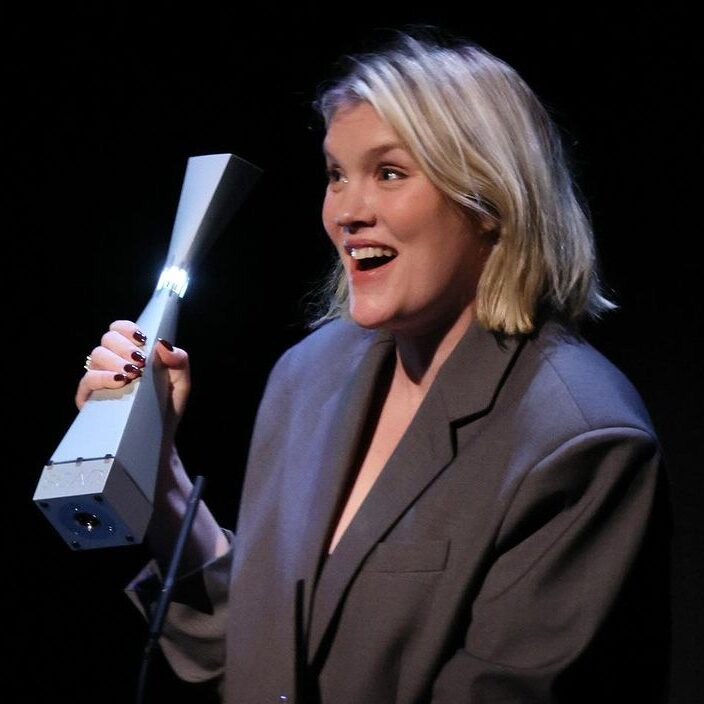
Saltburn tells the story of Oxford student Oliver, who receives an invite to spend time in the estate of his wealthy classmate Felix. Oliver is a troubling character, and one who grows obsessed with Felix and his family as the movie grapples with themes of class and desire, all culminating in quite the memorable (albeit off-putting) ending.

It’s not Fennell’s first time directing a thrilling film about wayward characters, as her work on 2020’s Promising Young Woman (starring none other than Carey Mulligan) also garnered praise from critics and moviegoers. In it, a traumatic past looms over 30-year-old Cassie, who seeks revenge on the man who ruined the life of her best friend.
In an interview with Francesca Specter of Glamour, Fennell reveals that her stories often follow what she refers to as an “inherently female” Gothic tradition. “So, in the Gothic tradition, a romance is always a horror too,” she explains. “I suppose that’s because the Gothic is about our relationship with the things that we want and how it is invariably dangerous and complicated.”
Celine Song
Celine Song is yet another director who’s been making waves in both the awards scenes and audience circles. What’s perhaps most impressive about the Korean-Canadian filmmaker is that her debut film, Past Lives, has already won multiple awards—and is in the running for Best Picture in this year’s Oscars.
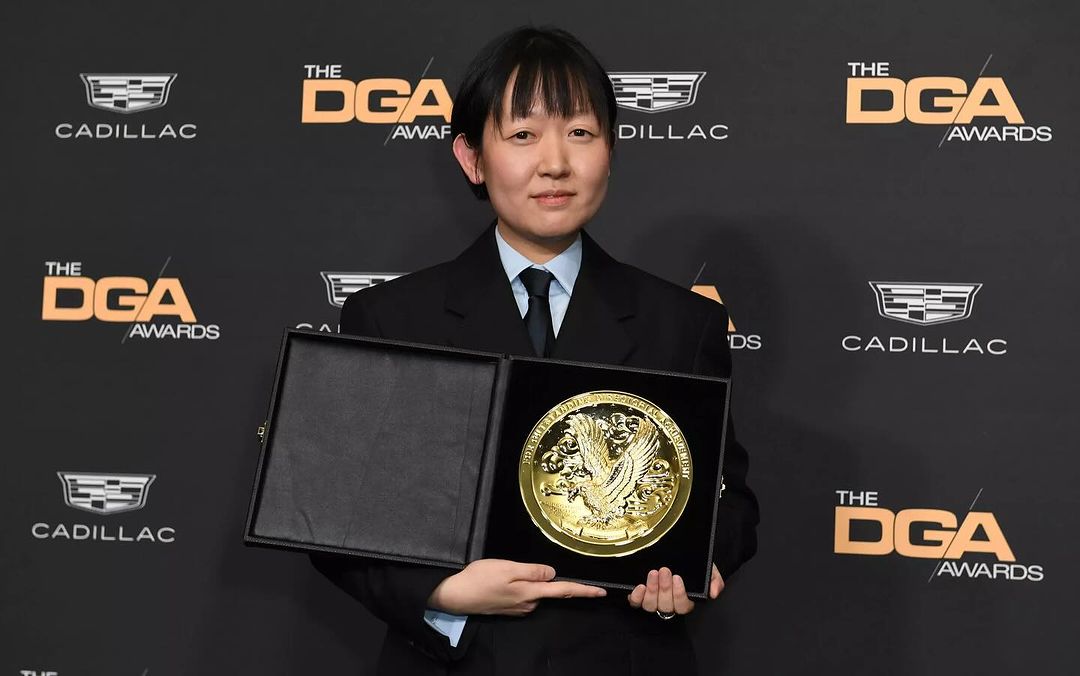
It’s not difficult to understand why, as the film is a quiet and poignant reflection on old loves and “what ifs.” It chronicles the life of Na “Nora” Young, moving between flashbacks and present day as it shows her reconnecting with a childhood sweetheart from Korea, Hae Sung, as adults living in vastly different worlds.
Many label it as a romance film, and while love is undoubtedly a significant element in its plot, the movie also explores the many identities a person takes on throughout their life, and how their relationships serve as living records of these past (and present) selves.
Past Lives is an incredibly powerful film, perhaps because it comes from a very personal place, as Song based it on events in her own life that very much reflect those of her protagonist Nora. “I hope the film inspires audiences to also think about the times that they’ve also had connections that really didn’t have a name,” Song shares in a CBC interview. “So much of the movie is about a kind of connection to a person that endures through decades and continents without there being a really clean label for it.”
Mati Diop
French filmmaker Mati Diop is yet another spectacular talent who received recognition for her works in recent years. Her very first feature film, the supernatural-romance drama Atlantics, won her the prestigious Grand Prix prize at the 2019 Cannes Film Festival, and earned a spot in the top 10 best international films at the Oscars in the same year. During that time, Diop also became the first black woman to compete for the Cannes Palme d’Or.
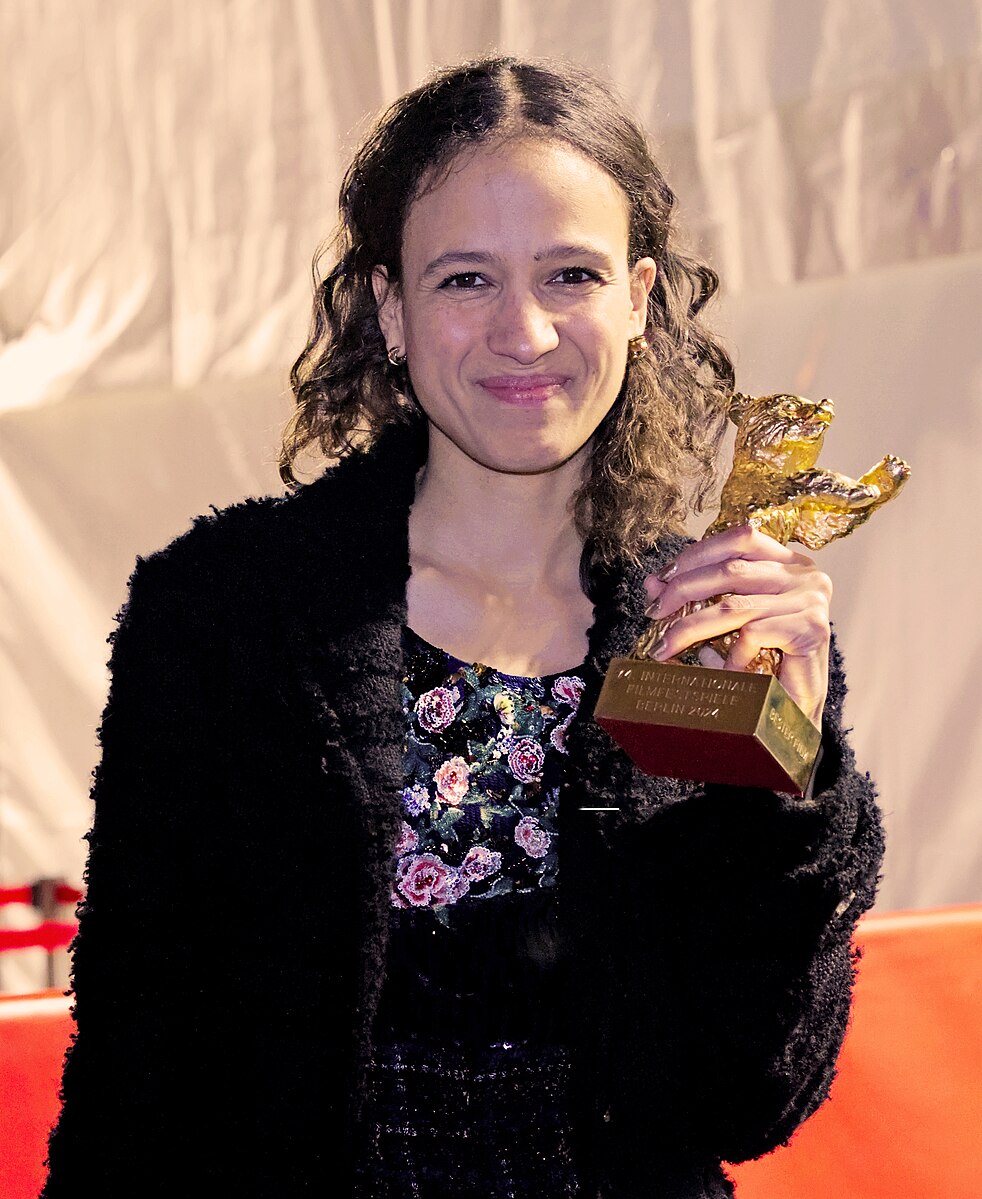
Atlantics tells the story of a young woman in Senegal who wants to be with the man she loves despite an arranged marriage, yet sadly loses him when he joins a doomed voyage to Europe in search of opportunities. The movie deals with the aftermath of this loss, riddled in hauntings both real and metaphorical.
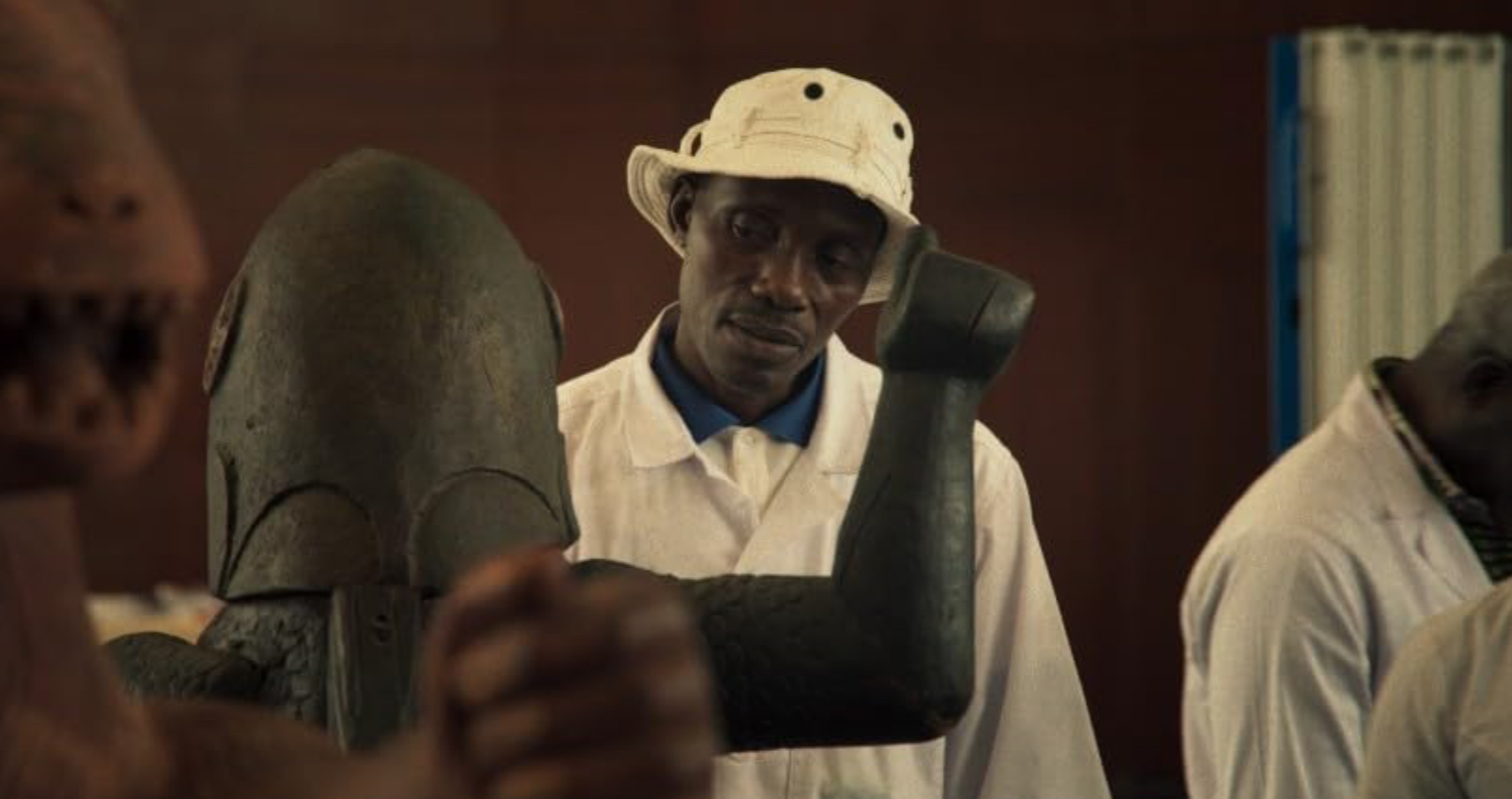
More recently, Diop won this year’s Golden Bear for Best Film at the 74th Berlin International Film Festival with her documentary Dahomey. The film shows the restitution of royal treasures from the African kingdom Dahomey as they find their way back to present-day Benin. Much like Song, Diop infuses her works with pieces of her own life as a biracial girl of African-French descent.
“To be a mixed girl born in the ’80s is … the experience is: You already live a bit in the future, you know?” Diop tells Bilal Qureshi of NPR. “Because you are inside a complexity, a cultural complexity in terms of globalization. And so I think that it made me evolve, in a very dynamic, rich, complex environment.”
Céline Sciamma
Finally there’s Céline Sciamma, another French director who’s gained a cult following throughout her years as a filmmaker. So far, she’s won 57 awards and earned 90 nominations. These include Best Screenplay in the 2019 Cannes Film Festival for Portrait of a Lady on Fire and a Gold Hugo in 2021’s Chicago Film Festival for Petite Maman.
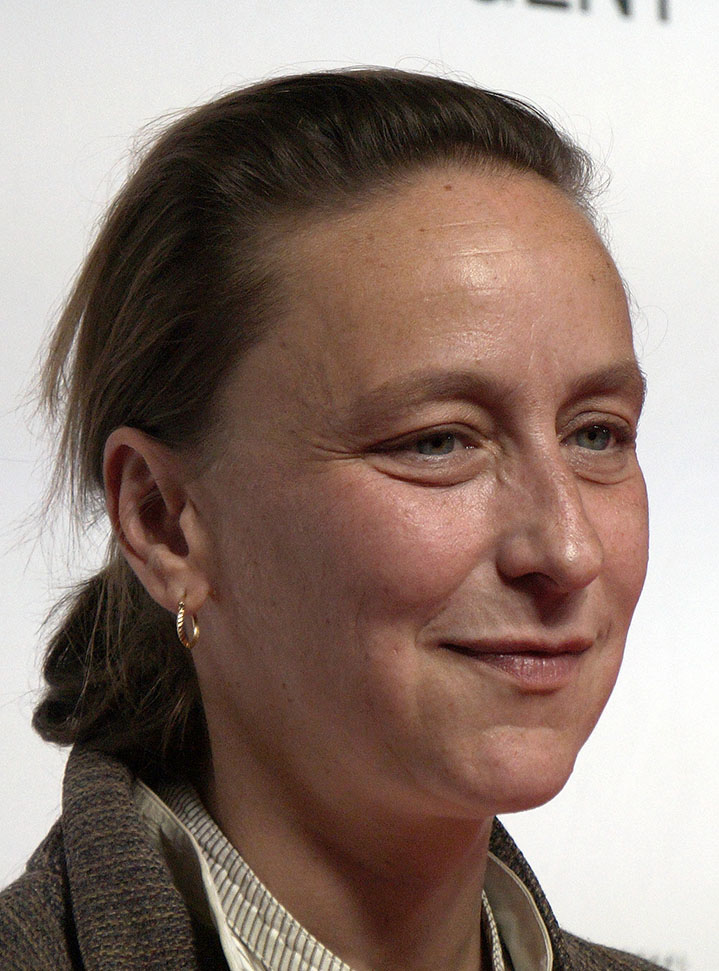
Sciamma’s narratives are usually about women and queer experiences. For instance, her 2007 film Water Lilies follows a young girl discovering her sexuality when she joins a synchronized swimming team, and her 2011 feature Tomboy centers on a gender non-conforming 10-year-old who faces discrimination due to the way they present themselves.
The film that arguably made Sciamma a household name among film circles and queer audiences was her emotionally-charged period piece, Portrait of a Lady on Fire. The story is about a painter named Marianne and a wealthy lady named Héloïse, whose mother commissioned Marianne to make a portrait of. During their time together, the two fall in love; sadly, it’s a relationship that’s doomed from the start—yet one can’t help but cherish the journey, nevertheless.
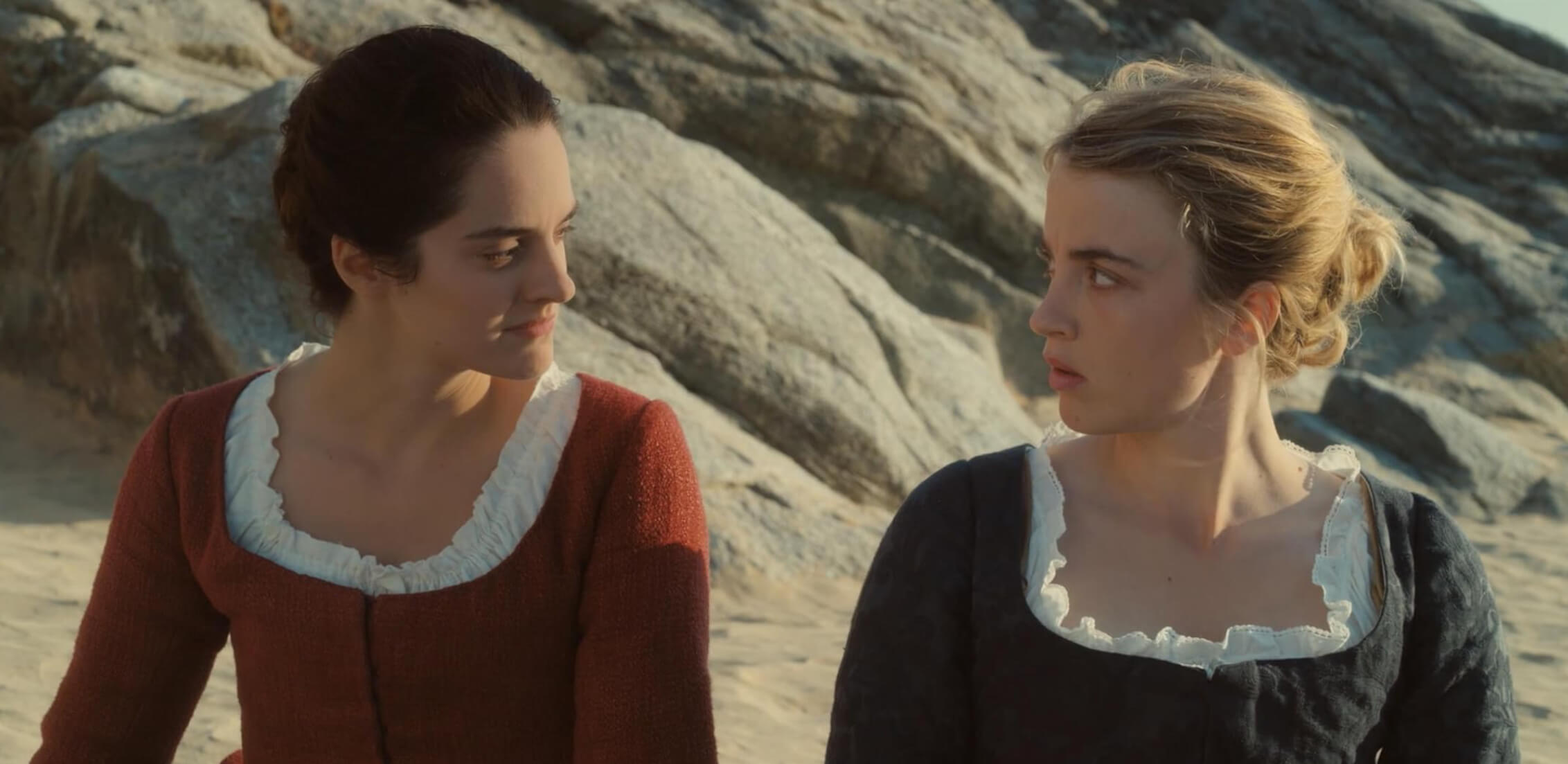
Sciamma herself identifies as a lesbian, which is likely why her movies resonate with raw truths and authentic relationships. “In all my films, it’s always the same. It’s always about a few days out of the world, where we can meet each lover, love each other,” intimates Sciamma in an interview with Xan Brooks of The Guardian. “Also it’s always about female characters because they can be themselves only in a private place where they can share their loneliness, their dreams, their attitudes, their ideas.”
Photo by Elena Ternovaja via Wikimedia Commons.





